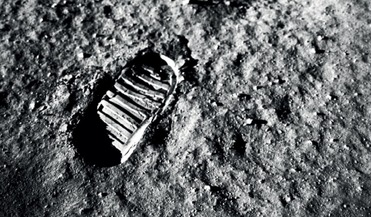 February 2017
Protecting our space interests
February 2017
Protecting our space interests
... PPWT, which would forbid the deployment of weapons in outer space. According to Russian and Chinese supporting statements, such a treaty would reinforce Article IV of the 1967 Outer Space Treaty, which only forbids the deployment of weapons of mass...
 August 2020
Battle for the night sky - from telescopes to ad-breaks
August 2020
Battle for the night sky - from telescopes to ad-breaks
...law to be considered when dealing with human activity in outer space is international law. The operative international framework is to be found in the Outer Space Treaty (OST) 1967, a treaty of the United Nations to which all of the major spacefaring...
 July 2021
A shared vision for space exploration
July 2021
A shared vision for space exploration
... International Astronautical Congress on 13 October 2020. Commitments We could not simply hand mission planners a copy of the Outer Space Treaty (OST) and say “follow this” Although the Artemis Accords have been criticised by some commentators and...
 June 2019
The challenge of planetary protection
June 2019
The challenge of planetary protection
...for extraterrestrial life It is important to understand the legal and policy background. Article IX of the Outer Space Treaty (OST) of 1967 addresses the avoidance of harmful contamination of celestial bodies (forward contamination) and the avoidance...
 June 2015
The new space ethics: COSPAR, Planetary Protection and beyond
June 2015
The new space ethics: COSPAR, Planetary Protection and beyond
... Governing the Activities of States in the Exploration and Use of Outer Space including the Moon and Other Celestial Bodies know colloquially as The Outer Space Treaty (OST)23 has been widely ratified by nations24 and is recognised as providing...
 November 2017
Preserving Apollo’s lunar legacy
November 2017
Preserving Apollo’s lunar legacy
... be submitted for inclusion in the World Heritage List. And it relies on the concept of sovereignty, anathema to the Outer Space Treaty. State Parties to the Convention are instructed to submit properties within their territory. But the Moon is the...